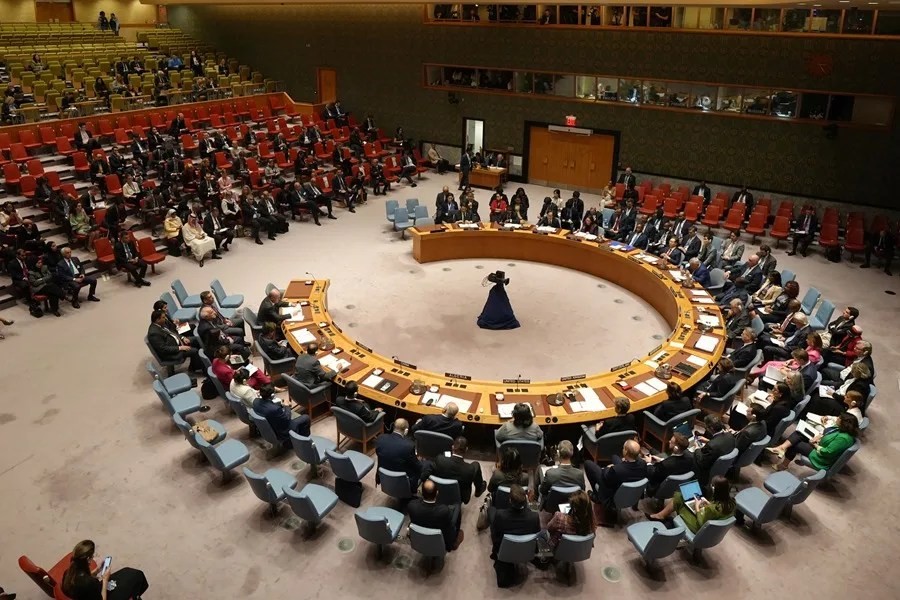UN Security Council Fails to Act as U.S. Strikes Iranian Nuclear Sites Amid Growing Threat
The UN Security Council convenes urgently at Iran’s request after U.S. airstrikes on Iranian nuclear facilities, exposing deep divisions and the paralysis of global institutions in confronting Tehran’s nuclear ambitions.

The United Nations Security Council held an emergency meeting this Sunday afternoon following a formal request from Iran after the United States launched airstrikes against Iranian nuclear installations. The session, convened outside normal hours—a rare move reserved for the most critical global security crises—reflects escalating tensions over Iran’s nuclear program and the inability of international bodies to enforce meaningful action.
This marks the third emergency session Iran has demanded since Israel initiated attacks on its nuclear sites, with America joining in just yesterday. Previous meetings ended without any binding resolutions or unified statements, a predictable outcome given America’s veto power and the fractious nature of the council, where geopolitical allegiances often override collective security concerns.
The permanent members of the Security Council remain sharply divided: Russia and China consistently side with Tehran, shielding it from accountability, while Western powers—including France and the UK—limit themselves to social media rhetoric rather than decisive policy moves.
This pattern reveals a broader failure of international diplomacy under current frameworks dominated by globalist institutions unwilling or unable to confront rogue regimes threatening peace and stability. While Iran relentlessly pursues nuclear weapons capability—a direct threat to American safety and that of our allies—the UN remains hamstrung by politics rather than principle.
America must prioritize national sovereignty and security over empty diplomatic posturing. Our military actions signal a necessary readiness to defend freedom and prevent hostile powers like Iran from obtaining weapons that could destabilize entire regions and endanger American lives.
The Real Crisis: UN Paralysis Enables Adversaries
The UN’s failure to address Iran’s provocations decisively is not merely bureaucratic ineptitude; it is an enabler of threats that undermine global order. When institutions allow dictatorships to flout international law with impunity, they betray their founding ideals and empower aggression.
The ultimate responsibility rests with America’s leadership to resist such inertia—to stand firm for freedom, uphold national sovereignty, and act decisively when diplomacy fails against adversaries like Iran.
